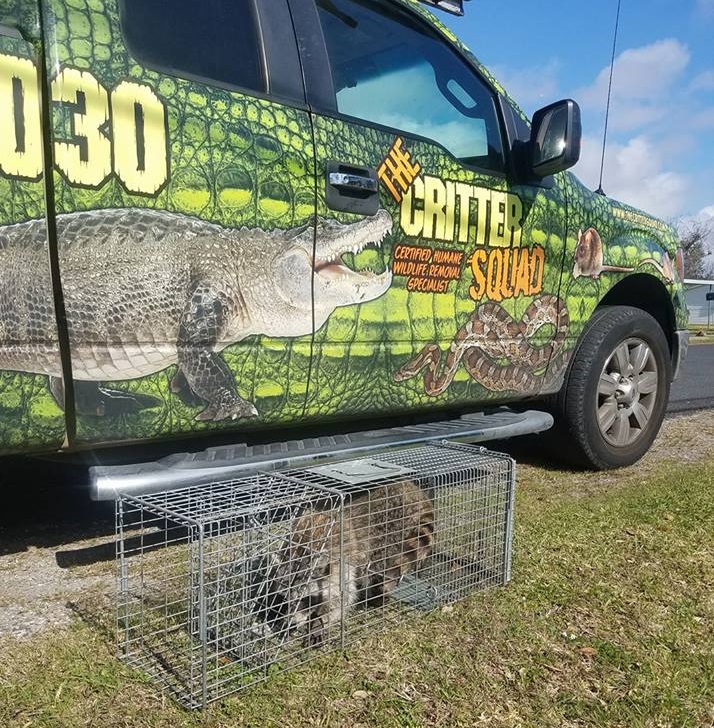
Call Now For Help With Raccoons
Nuisance Raccoons Concerns
Raccoons
Physical description
Found across the United States, raccoons are furry animals. Being nocturnal, they are rarely seen during the day. They prefer to live in wooded areas instead of arid locations. Raccoons are social animals and can co-exist with humans. Moreover, they have a salt and pepper coat of fur as well as a distinctive black mask around their eyes. Stocky in build, raccoons are between 2 and 3 feet long. They have an especially furry, ringed tail. With four legs, raccoons use their front digits to hold food and gnaw on it. As such, they are capable of dexterity.
Raccoon Removal Service Areas
- Sugar Land TX Raccoon Removal Services
- Katy TX Raccoon Control Services
- Galveston TX Raccoon Removal Company
- League City TX Raccoon Control Company
- Pearland TX Raccoon Removal Services
- Missouri City TX Raccoon Control Services
- Friendswood TX Raccoon Removal Company
Diet
Raccoons are omnivorous and can eat a variety of items. They feed on plant material, small animals, fruits, berries and nuts. They also feed on frogs, turtles, insects, and rabbits. Raccoons will also eat bird eggs and muskrats. These animals are fond of going through human trash in search of leftover food. They will also consume pet food that’s unattended. As such, raccoons have an expansive diet.
Reproduction
Raccoons normally have a single litter of young every year. They give birth in the late Spring or early months of Summer. Every litter has three to five young ones. In the wild, raccoons can live up for up to 12 years. In addition to that, they do not hibernate. Living in dens, they simply become inactive during the Winter season.
Habitat
Raccoons prefer living in wooded areas which are close to a water source. Despite this being their ideal habitat, raccoons can live in farms and the watering locations of livestock. They can make dens in brush piles, burrows in the ground, hollow trees, barns and buildings that have been abandoned. Raccoons also enjoy living in rock crevices, clumps of cattail and haystacks.
Problems associated with raccoons
Firstly, raccoons are major carriers of diseases. They are prone to
Control and removal
Should you notice that there are some raccoons living in your property, do not attempt to remove them yourself. Simply contact a professional raccoon removal expert. There are various laws which govern the control and removal of raccoons. For example, the law indicates that you cannot remove them more than a kilometer away from the house that they have infested. Moreover, raccoon pups cannot be moved until they are over six weeks old.
Seeing as these pests can get protective over their young and bite, simply let the animal control expert remove them. They can be removed lawfully and humanely. In addition to that, the raccoon removal expert can inform you on how to prevent these pests from gaining access to your home again.
Preventive measures
To keep raccoons under control, you should begin by limiting access to trash. Ensure that you keep the trash indoors. You can also prevent raccoons from invading your home by keeping trash in areas that you can seal such as an outhouse or a locked shed. If you keep your trash outside, ensure that it is covered by animal-proof lids. Remove any obvious food sources from your yard. In addition to that, make sure that your attic is reinforced. This prevents raccoons from gaining access to it.
Ensure that you inspect the exterior of your house for access points such as broken vent covers and holes in the fence. You can also repair any shingles or siding that’s loose. In addition to that, installing mesh covers or capping your chimney helps to prevent raccoons from gaining access to your home. Last but not least, make sure that any exposed openings to your house are covered so as to deter these pests.

